The Race to Revolutionize EV Batteries: Beyond Solid State Dreams

by AutoExpert | 30 December, 2023
The electric vehicle (EV) world has a new buzz, and it seems to be the answer to the problems most of EV owners have been complaining about, like short distances supported, looong charging times and high prices.
Take Toyota, for example, which has been hinting at a breakthrough, a real game-changer. Besides Toyota, other carmakers, like Stellantis, Hyundai, and Volkswagen, are partnering with tech wizards to work on a new type of battery – the solid-state battery.
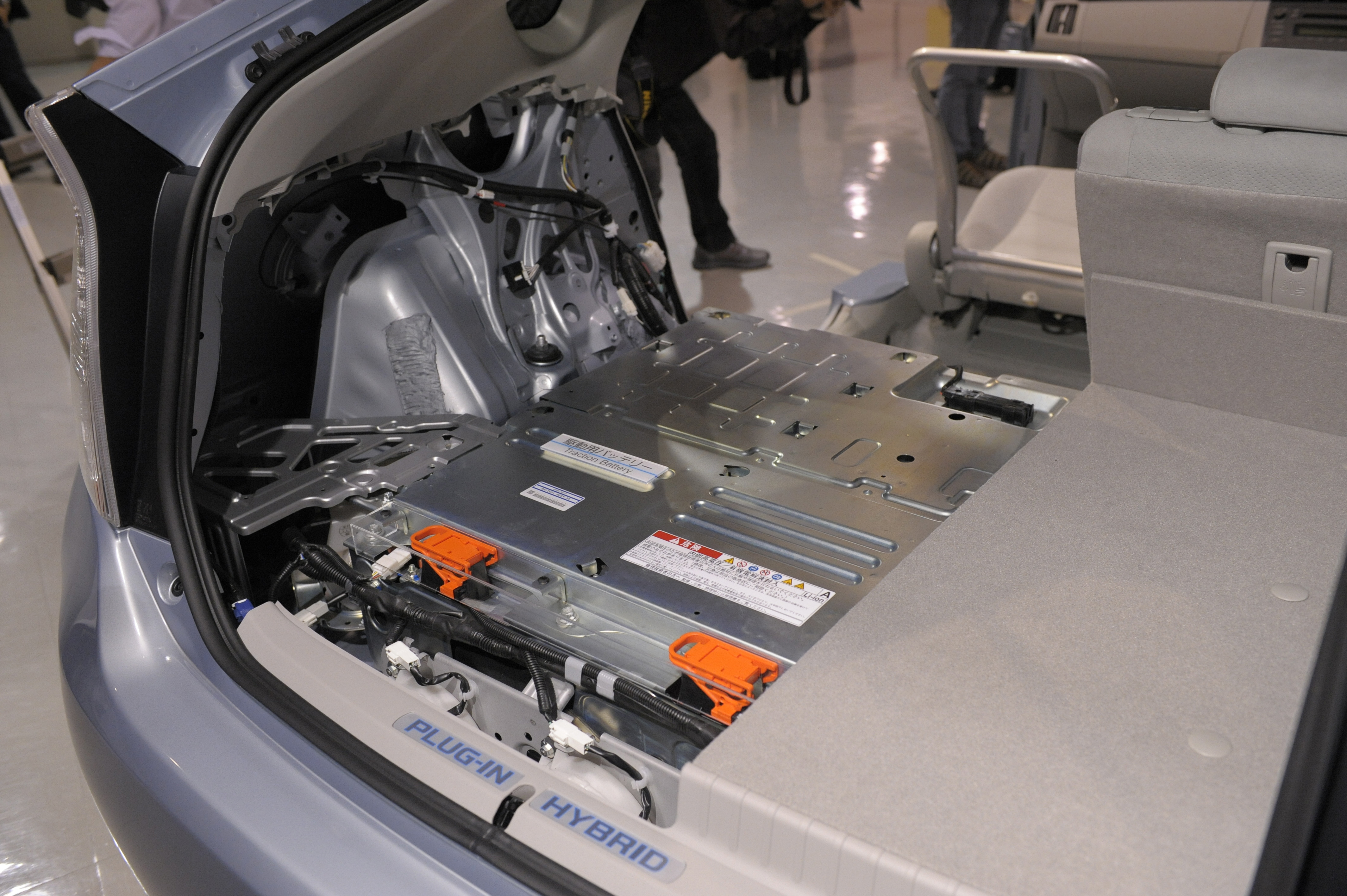
Yep, solid state batteries aren't a big news, since we've been hearing about them for some time. They promise smaller, lighter batteries that pack more punch and are safer to boot. They do have a problem though; they're not on the market yet.
What's the big deal with these batteries anyway? It boils down to something called the electrolyte. In your regular lithium-ion batteries, this electrolyte is a gooey liquid. But in a solid state battery, it’s a solid. This switch-up could mean fewer fire hazards if a battery gets damaged.
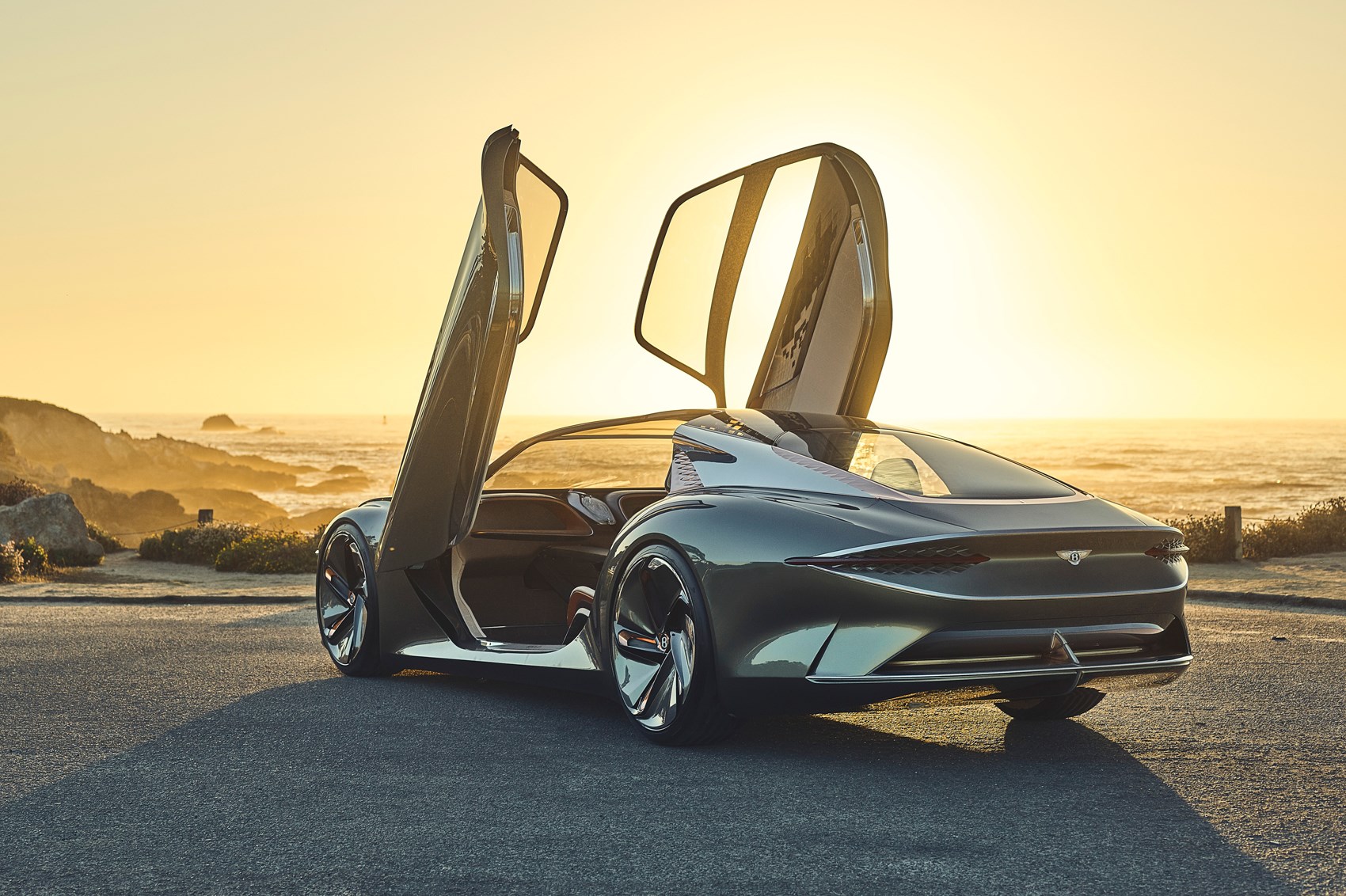
But – and there's always a but – solid state tech has its own challenges. It's not the only contender in the race to create lighter, cheaper, and faster-charging EVs.
Let’s geek out for a second on battery basics. Solids are generally denser than liquids, so the electrolyte in these new batteries takes up less space, meaning we can have smaller battery cells. But there are other strategies in play too. Companies are exploring different chemical combos and even tweaking physical structures to make batteries smaller, lighter, and faster to charge.
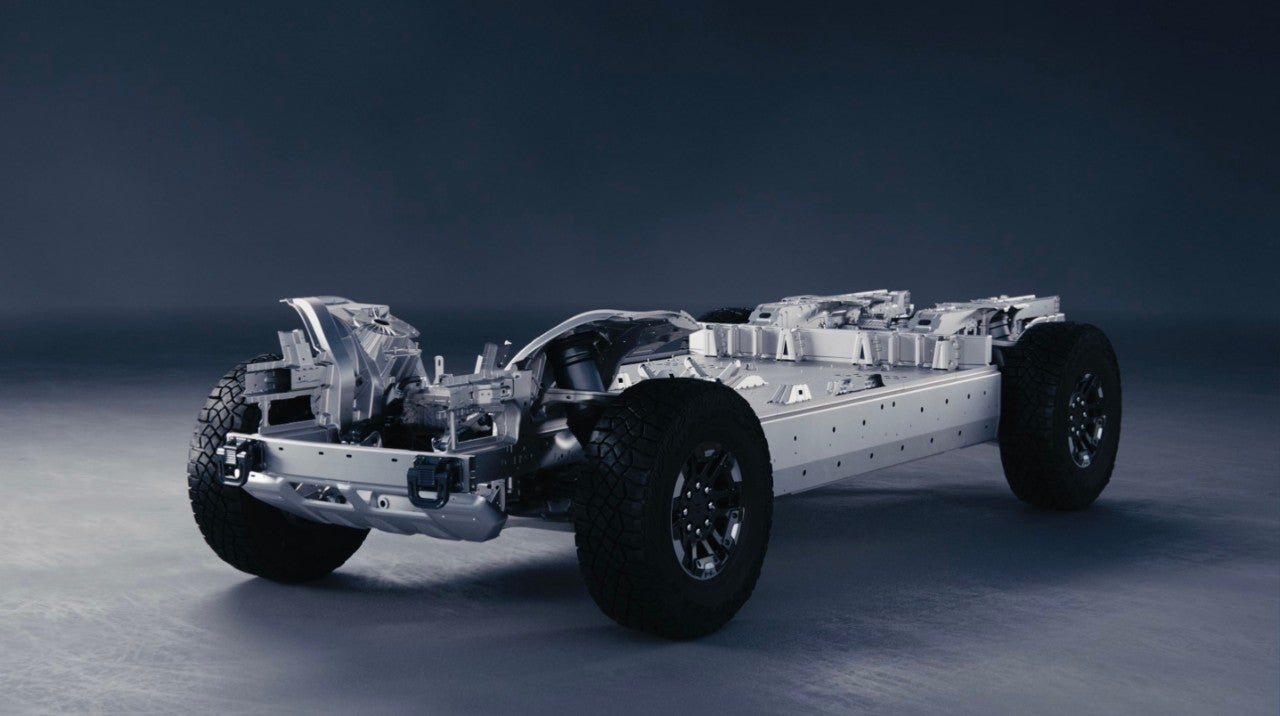
The big question for all these companies, and the automakers investing in them, is how to churn out these high-tech batteries affordably and in huge numbers. There are other battery technologies out there with well-established manufacturing techniques.
It’s a battlefield of innovation right now, and according to battery researcher William Kephart from the consulting firm P3 Group, there’s no clear winner yet.
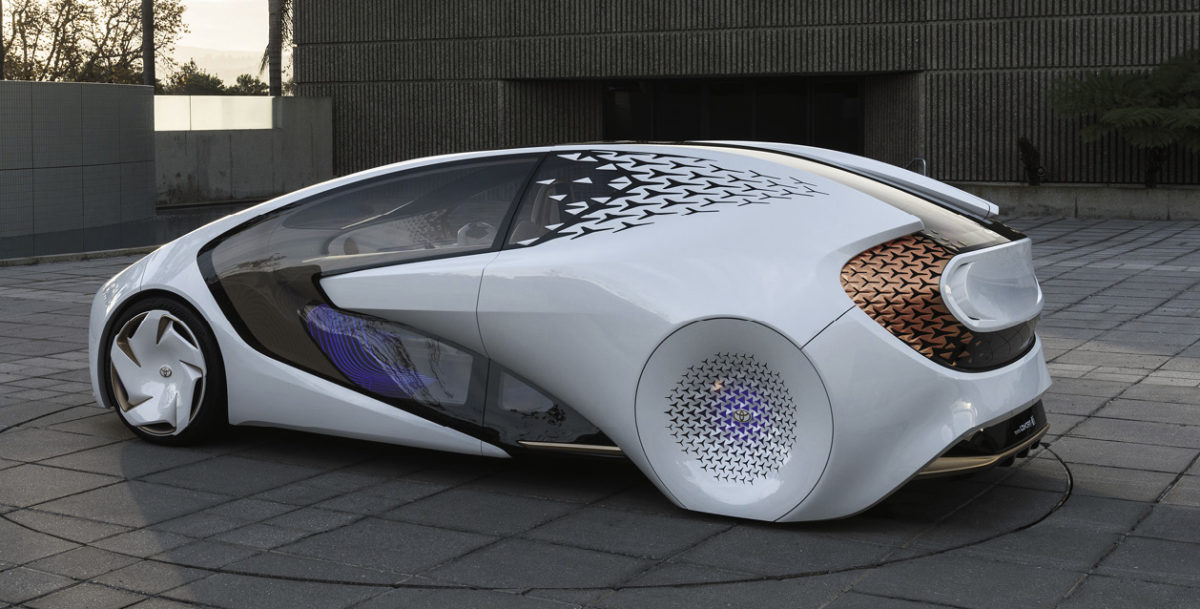
One of the biggest gripes with EVs is how long they take to charge. Solid-state batteries face a challenge here because lithium ions move slower through solids than liquids. This slows down the charging process and can even affect acceleration. But a company called Quantumscape is claiming their solid-state batteries – which still use some liquid – can charge even quicker than the usual lithium-ion ones.
But here's the kicker: solid-state batteries are pricier because they use more lithium, and lithium isn’t cheap. However, Kephart believes lithium prices will drop as more sources are tapped. Even so, compared to other batteries, solid-state ones might always be on the costlier side.
Factorial, another company getting into the battery game and backed by Stellantis and Mercedes, says its solid-state tech uses less lithium, which could be easier on our wallets as production scales up. "Lithium isn’t scarce," says Factorial CEO Siyu Huang, which could mean competitive pricing down the line.
Quantumscape is also doing something interesting – ditching graphite. This move, they say, could cut costs and slash carbon emissions from manufacturing.
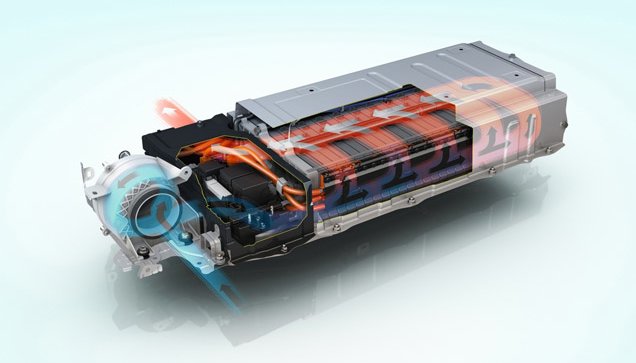
But wait, there’s more! Other companies are tweaking traditional liquid-electrolyte batteries. OneD Battery Sciences, with GM backing, suggests adding silicone for big performance gains at a low cost. This means manufacturers can keep their current production setups while boosting battery performance.
And let's not forget those semi-solid state batteries. They’re like the best of both worlds, mixing solid and fluid designs.
The bottom line, as GM spokesperson Phil Lienert puts it, is that there will probably never be a one-size-fits-all battery tech for EVs. Different types of batteries will be matched to different vehicles and markets, much like how automakers use various engines. GM’s Ultium EV design is all about this flexibility, prepped to work with all sorts of batteries.
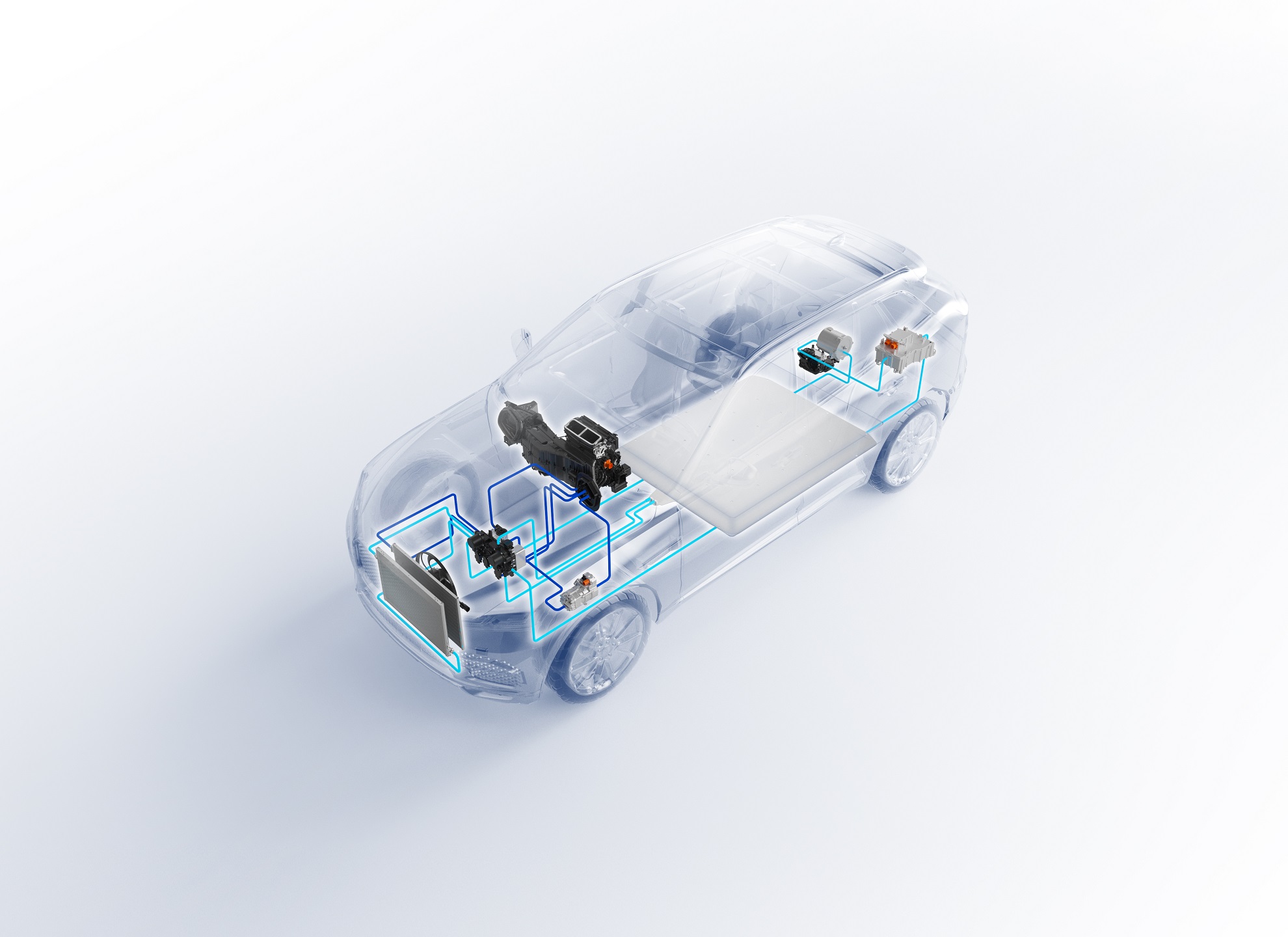
So there you have it—the exciting, ever-changing world of EV batteries. It’s not just about waiting for that one miracle solution; it’s about a whole bunch of bright ideas racing to make EVs better for everyone.

















